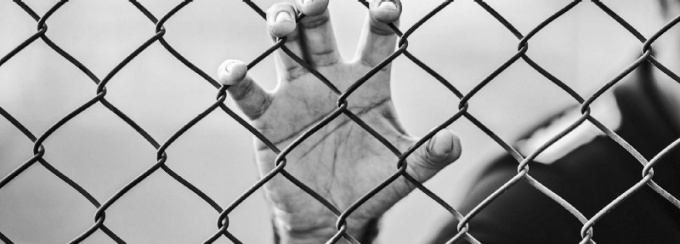Preventing Additional Trauma for Juvenile Justice Youth Through Effective Communication and Rapport Building

Photo by Fakurian Design on Unsplash
Written by Nicole Jordan, LMSW
Working in the field of juvenile justice has provided an opportunity to experience many successes and failures in relation to services provided. This field has allowed me to work closely with educators, counselors, multiple branches of law enforcement, court systems, social services, residential staff, and a host of other service providers. Everyone has a goal and service plan that is in theory, based on the anticipated success of the youth. However, is it possible that the youth is receiving mixed messages and overexposure within a huge and sometimes confusing system?
In our current culture, juvenile justice youth appear to have more complex lifestyles that include more exposure to alcohol, drugs, sex, and friends who participate in a criminogenic lifestyle. After entering the Juvenile Justice system they are faced with many expectations, rules, and required services that promise to deliver skills and/or services that will help reduce recidivism.
However, youth are continuing to commit crimes and not making a positive rapport with their service providers. Let’s explore a couple domains that may contribute to this:
Family: Some youth are experiencing many issues in their home life that contribute to their decisions to participate in criminogenic behavior. This can include absentee parents, poverty and domestic violence.
School: Some youth are struggling academically without much support for correction. Truancy is on the rise. In addition, some school environments are a breeding ground for gang recruitment, bullying , and access to drugs and alcohol.
Services: Some youth struggle to make a connection with others. Service providers in many fields find it difficult to build a positive rapport with youth. As a result, youth discontinue service, and in many cases face negative consequences within the legal system for failure to follow through.
Three simple steps that can be considered to better connect youth:
- Active Listening: Use active listening skills when your clients is sharing. Avoid interruption of their thoughts if possible and avoid displaying negative body language or judgment.
- Collaboration: Simply collaborating with all parties involved via a release, will help you understand the youth better and increase rapport. This reducing the chance of sending mixed messages and creates a stronger support team. Once the youth can view you as a member of a supporting team, they may be willing to allow a better connection.
- Self-Care: It is important that we have enough “fuel in our tank” before we can attempt to motivate others.
Youth involved in the Juvenile Justice system can benefit from our expertise in ensuring their success while navigating a complex and demanding system. If we all agree to take small steps towards providing positive interactions with a non judgmental approach, it allows a better pathway to success.
To hear more of Nicole's work, check out the video below. For Nicole's bio and to access her full training catalog, visit her speaker page.
Published November 12, 2021